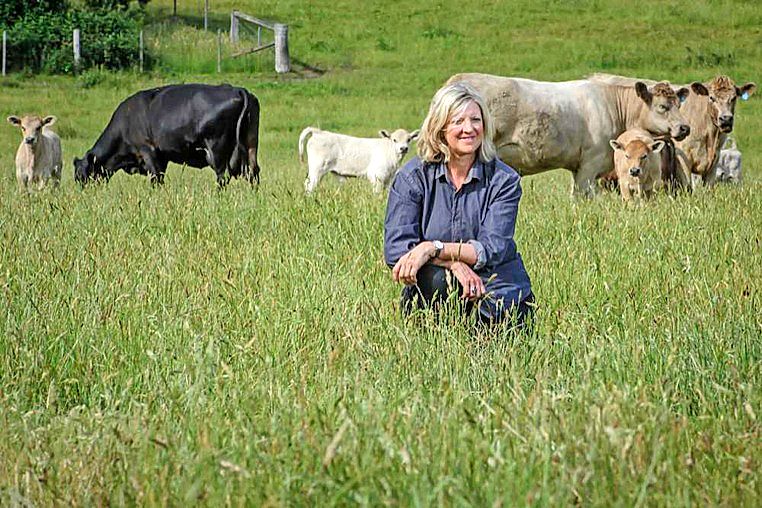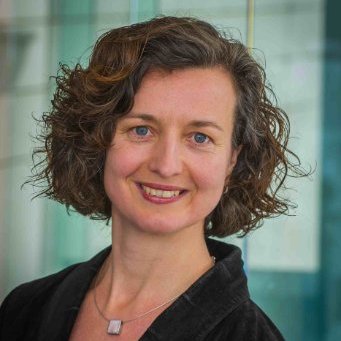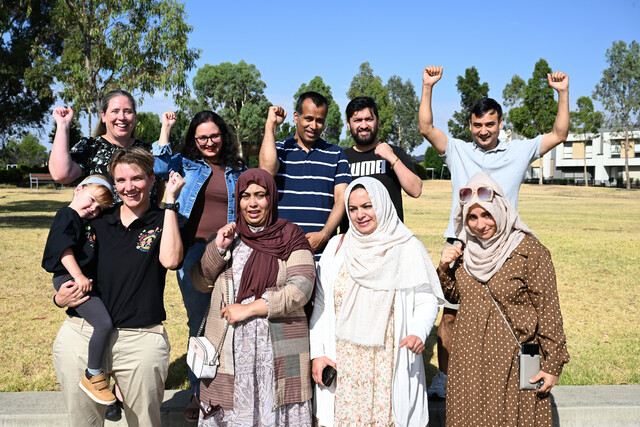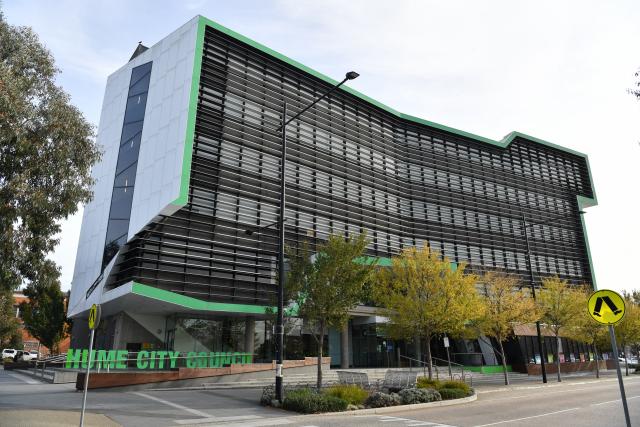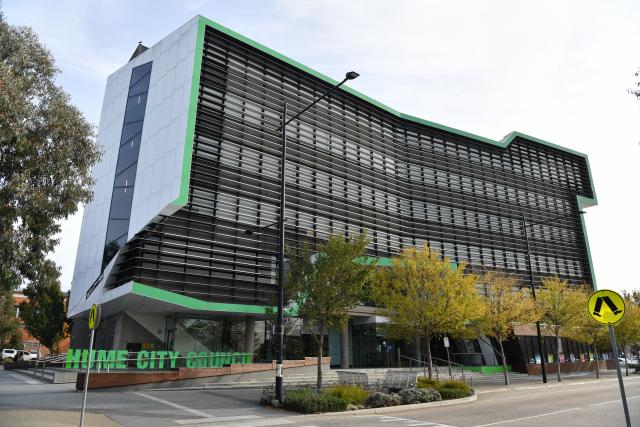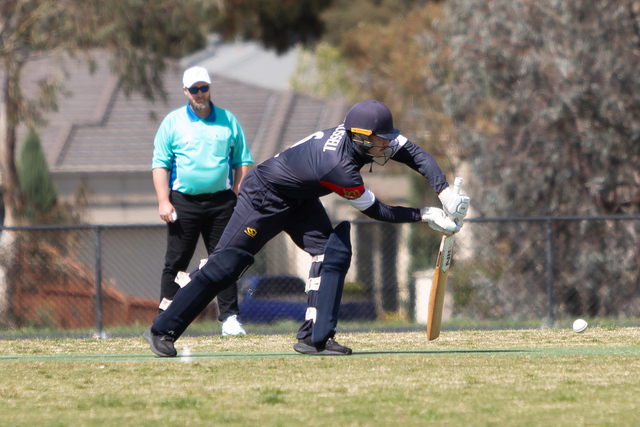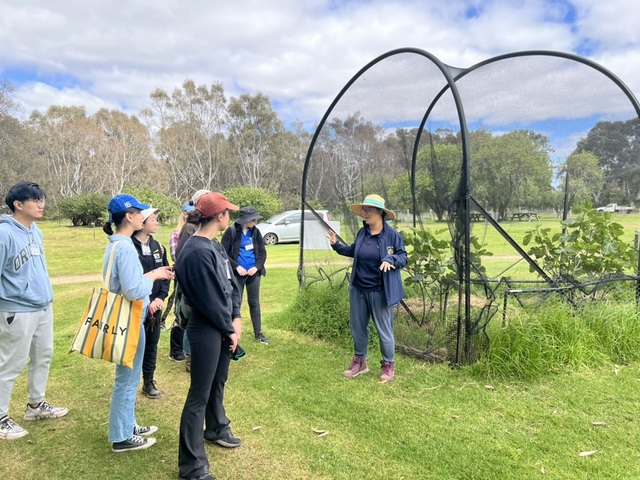Urban sprawl is threatening Whittlesea and Hume’s prime agricultural land that’s integral to Melbourne’s fresh food supply.
Initial findings from a soon-to-be-released report into Melbourne’s food bowl reveal the impact that an ever-extending urban growth boundary has had on farmland on the city fringes.
The Foodprint Melbourne report, a collaborative project between the University of Melbourne, Deakin University and the Food Alliance, has found that, with a population of seven million by 2050 and more urban sprawl to come, Melbourne’s foodbowl will be able to produce only 18 per cent of what the city eats.
Deakin University’s Dr Rachel Carey, who is leading the research, said peri-urban spaces, such as those in Whittlesea and Hume, made a significant contribution to meeting the city’s vegetable needs, could meet all of our egg and chicken meat needs, produce enough red meat to meet the majority of our needs, and produce significant amounts of dairy products and fruit.

“But at the same time we are losing farmland to urban sprawl,” she said.
Dr Carey said that, unbeknown to many city dwellers, fresh fruit had historically been grown very close to the city.
The group’s research has found that as much as 40 to 50 per cent of Melbourne’s fresh fruit and vegetables are produced just outside the city.
Land protection needed
Dr Carey singled out agricultural areas in Whittlesea and Hume as needing long-term protection from encroaching development.
Due to their proximity to the wholesale fruit and vegetable market in Epping, and the availability of recycled water, she said it was important that more land be brought back into food production. Whittlesea council’s agribusiness officer, Annemaree Docking, said more than 60 per cent of Whittlesea was rural. Her role with the council is to entice more people into farming.
“We have to look at how we manage [urban] development. If we can increase the productive capacity in the north, we will increase the value of the land, and interest in the land for agricultural purposes will help protect it.”
Beef and lamb producers Judy and Gordon Clements were recently awarded the Whittlesea Perpetual Trophy for the outstanding quality of their product. Ms Clements, whose family has farmed in the district for five generations, last year successfully opposed a proposed development of a nearby property into 80 lots. The council rejected the plans.
Ms Docking said the Clements’ business was a perfect example of a successful agricultural business supplying high-quality meat.

